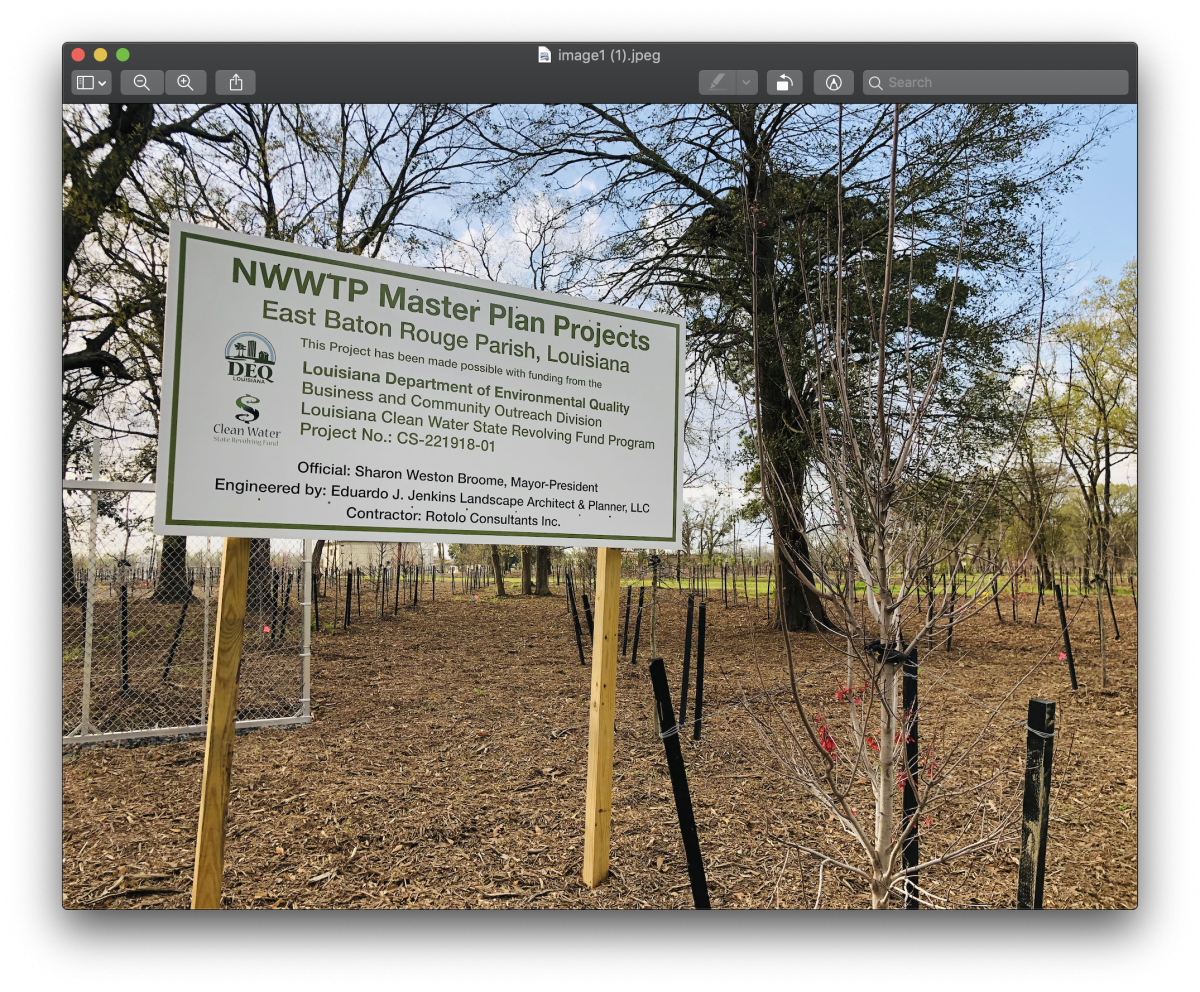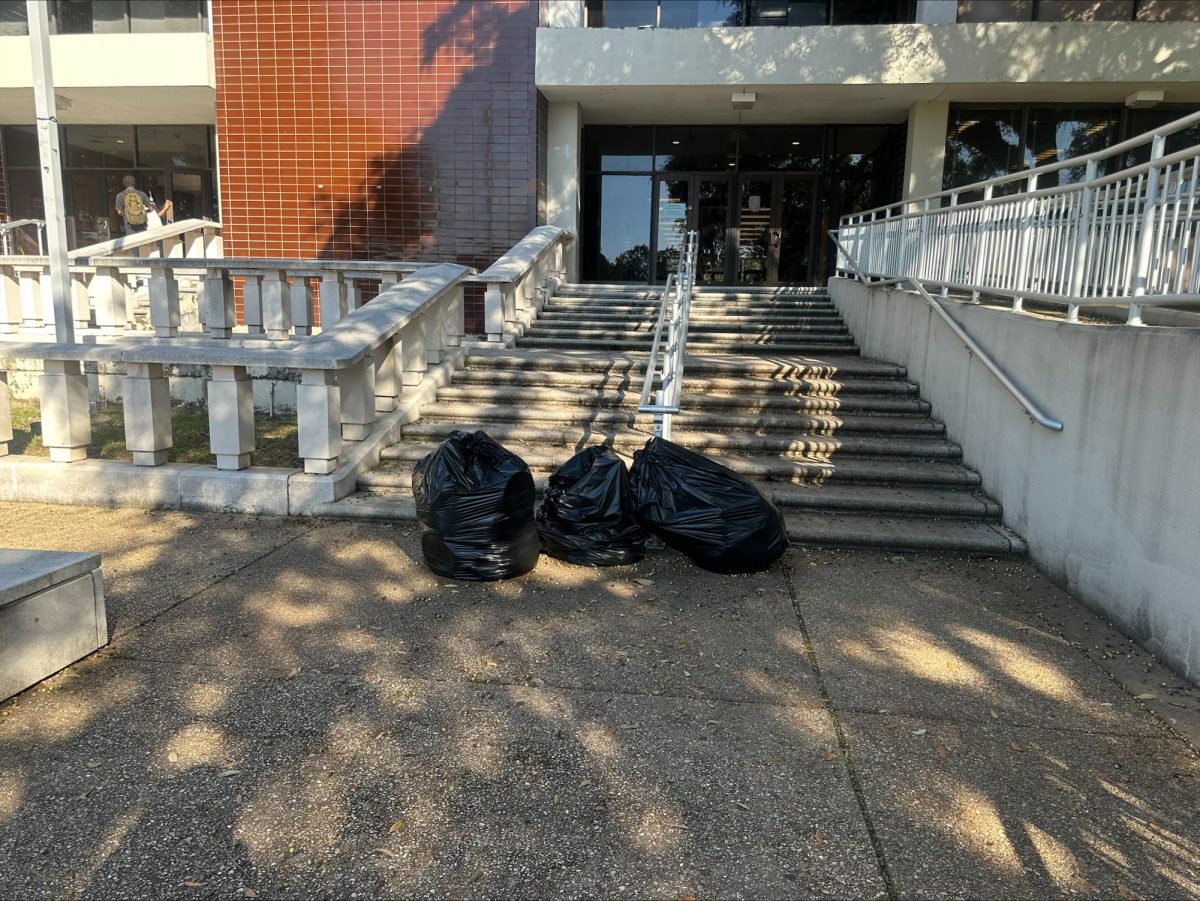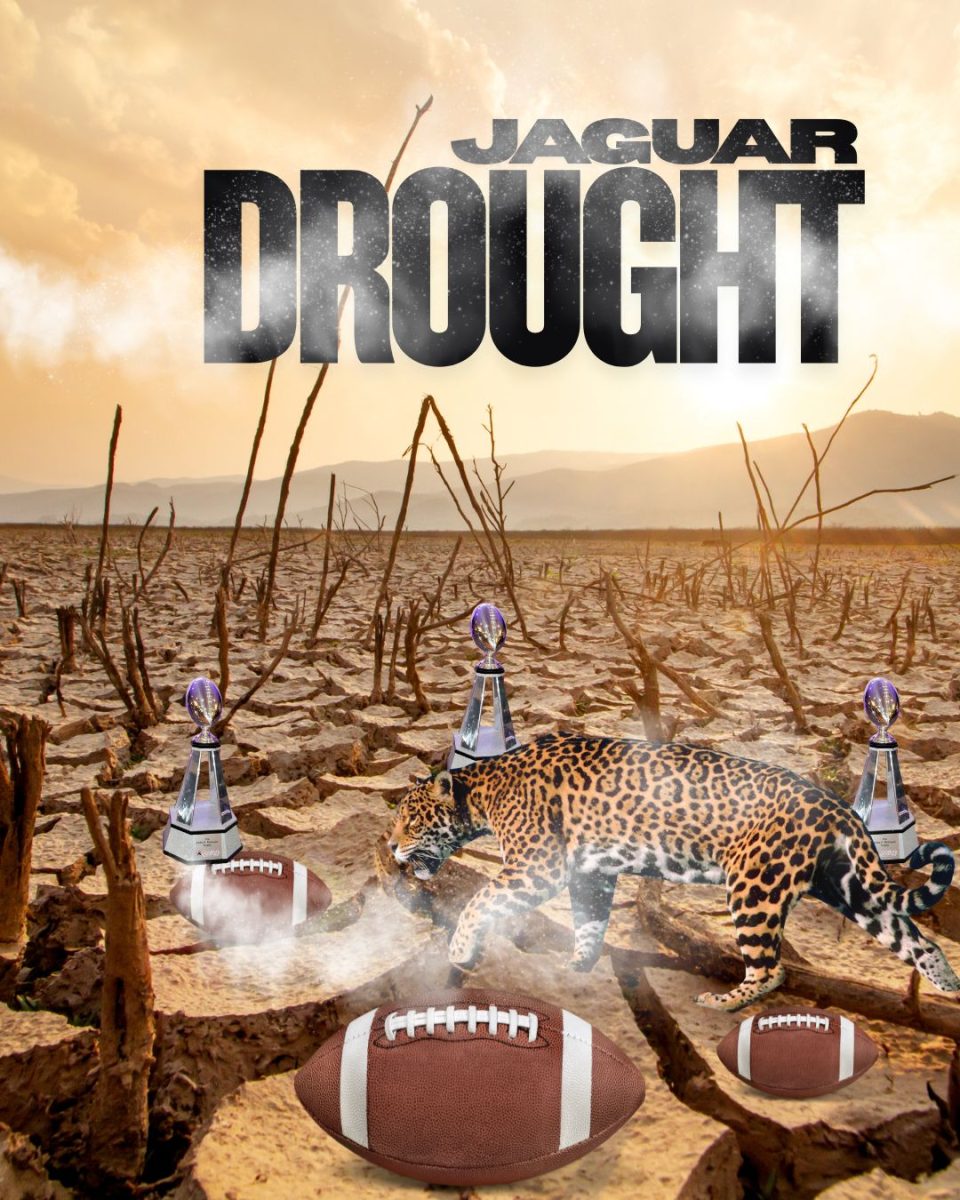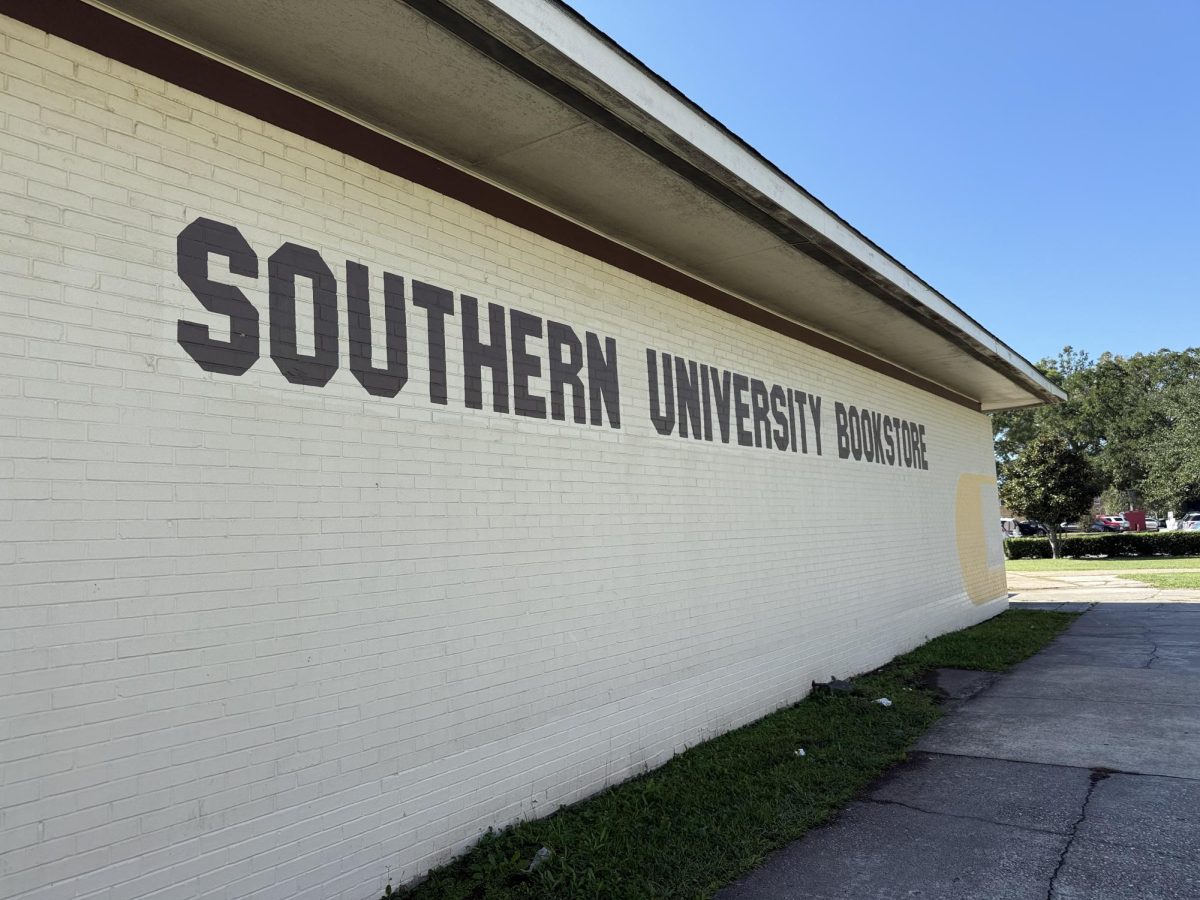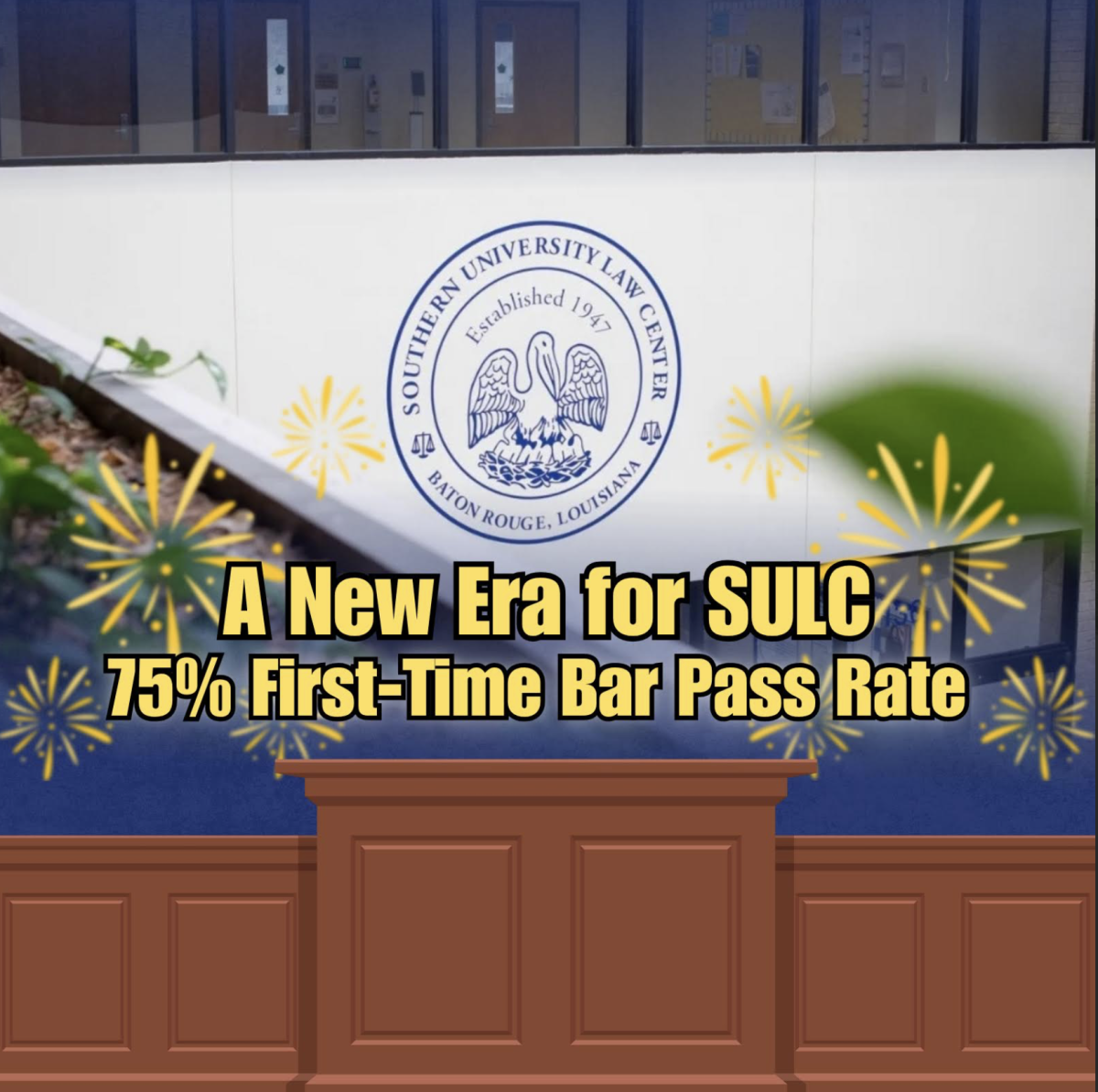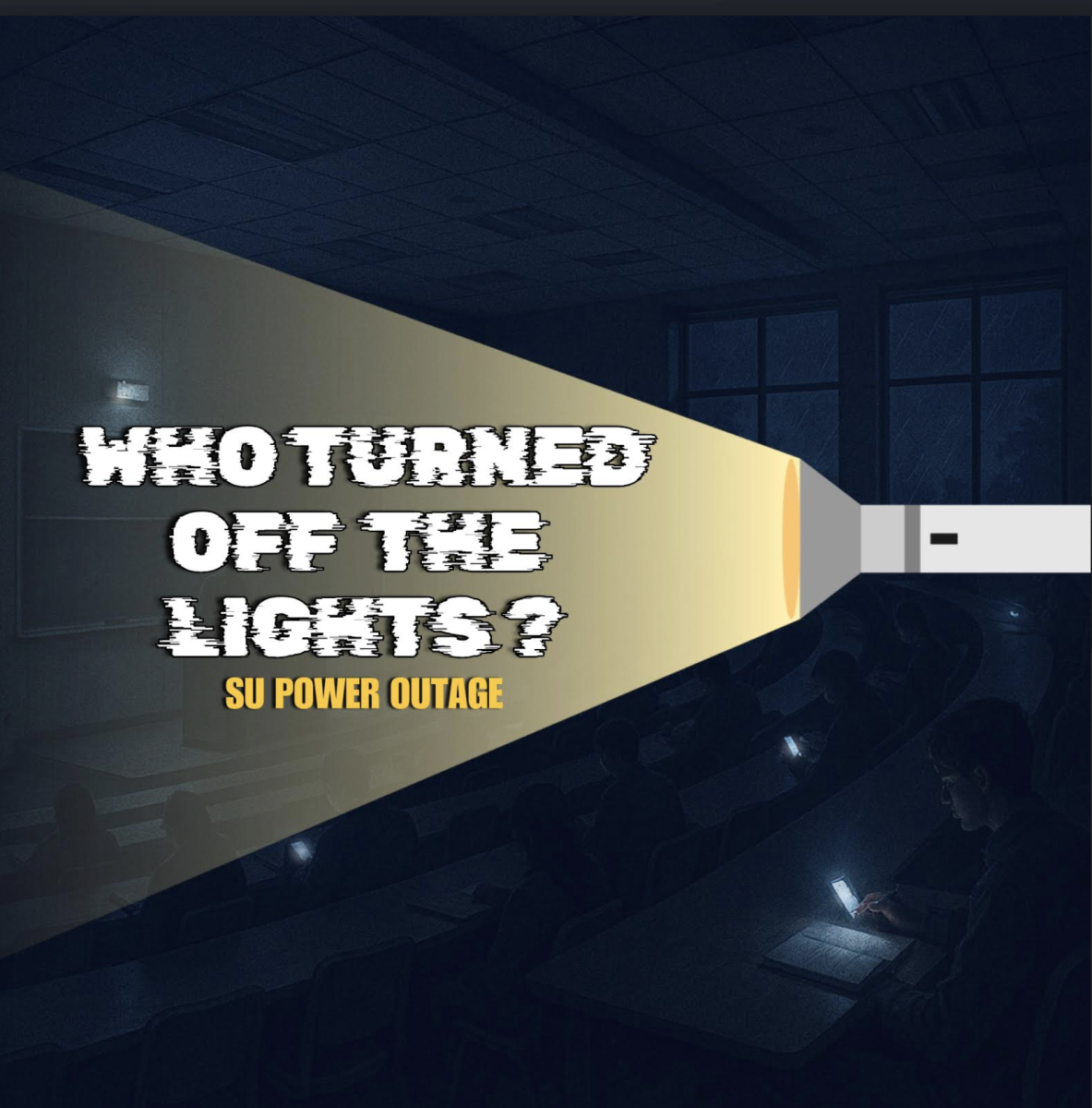The conversation surrounding the environment of East Baton Rouge has been a considerably prominent issue, primarily focusing on how it can affect the health of the parishioners. With power plants and oil refineries scattered all throughout the area, it can be hard to not contemplate the possible dangers those industries may bring.
While discussing those who have been displaced with the coming waves of these businesses, Professor Robert Bullard of Texas Southern University had this to say, “People are talking about this economic recovery and the rebirth of clean energy and renewable energy, but what we have is energy apartheid, where poor communities and poor communities of color are still getting the dirtiest of the dirty energy.”
The most prominent argument in support of this industrialization is the large economic influence these corporations can introduce to the region. As reported by the Advocate, the booming oil industry could potentially introduce the area of Baton Rouge to 3,300 jobs in 2019. This hasn’t subsided the concern over the everlasting effects, considering how the EPA (Environmental Protection Agency) reported in 2018 that the population of Louisiana is 700 times more at risk for cancer than the national average.
Caleb Holmes, a Political Science major from Shreveport, and member of the 771 Alliance of Southern University, gave insight to the issue surrounding the environment of East Baton Rouge saying, “No one is going to turn down the payment. I’m not a biologist; I’m not a scientist in that regard, but what I can tell you is that a few miles up the road there is a superfund site, which essentially means that the federal government has come in and said ‘okay, this company has destroyed this area so badly, they are now mandated to clean it up and must take all the precautions to do so.”
Holmes continued, “That same superfund site is a large body of water that drains into the Mississippi river, which comes right by our campus, so that material is in the water, and is seeping out into the water that the students have to use, especially when they’re near the administration building, the cafeteria and virtually the entire campus.”
His concern is extremely similar to that of Dr. Bullard, and it seems this conversation is also active outside of environmental groups.
When Arissa Hebert, a Freshman from Ferriday, Louisiana, was asked about her opinion, she expressed her fear that, “these refineries are probably not only polluting us as humans, but are probably also polluting the animals that we have in our community. If there was some way [the plants] could relocate, that would be perfect.”
The growth of the oil industry in Baton Rouge was slowed when issues between the United States and Chinese governments arose, but this issue is far from a complete halt. Only time will tell whether the sacrifice of community and environmental health will bring enough prosperity, or if it was all in vain.
Categories:
Plant Presence in North BR
February 26, 2019
0
More to Discover
